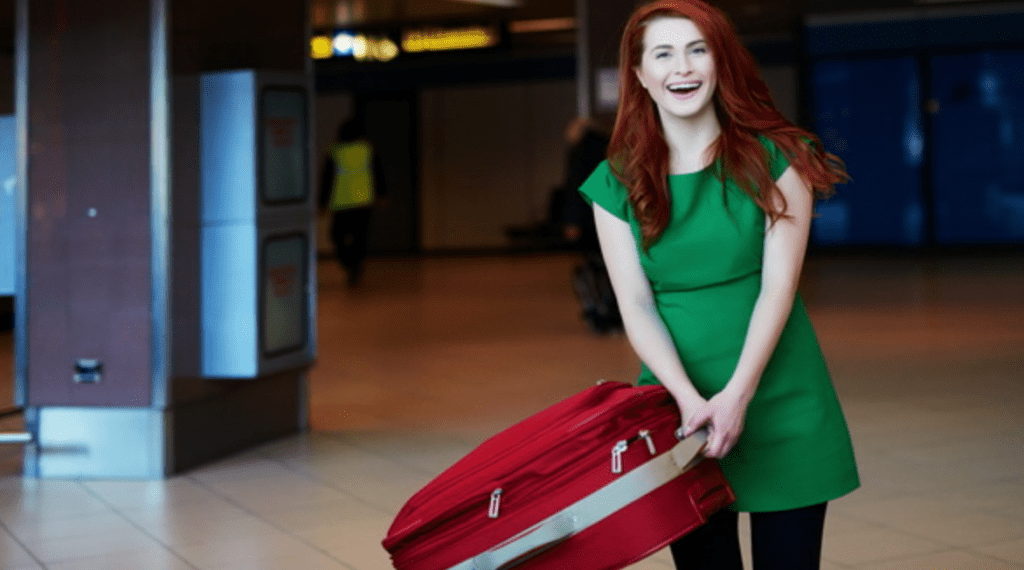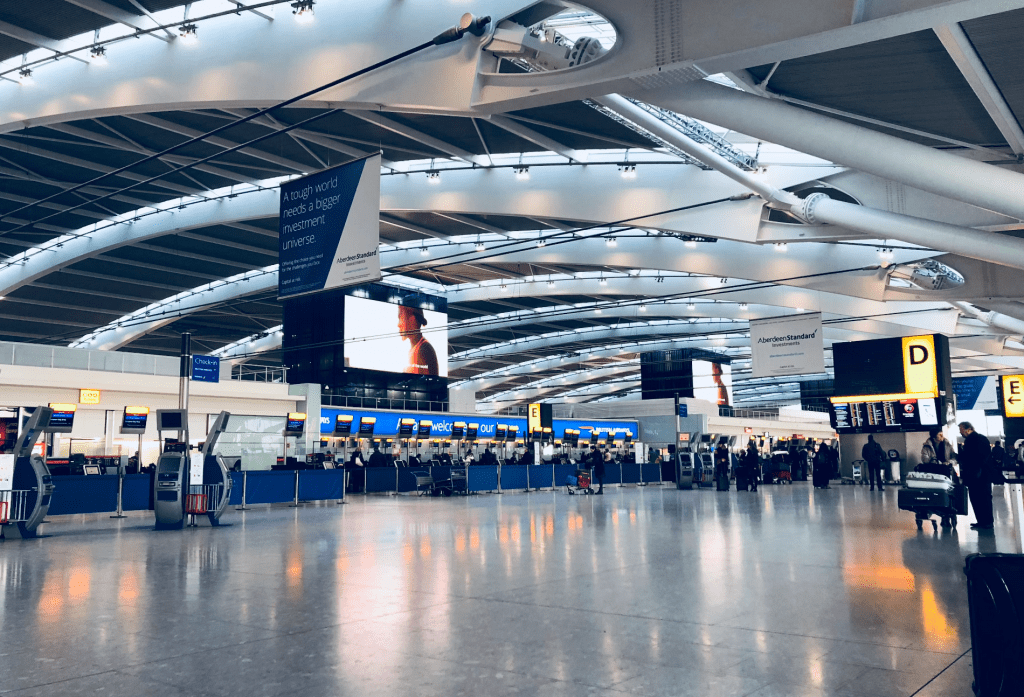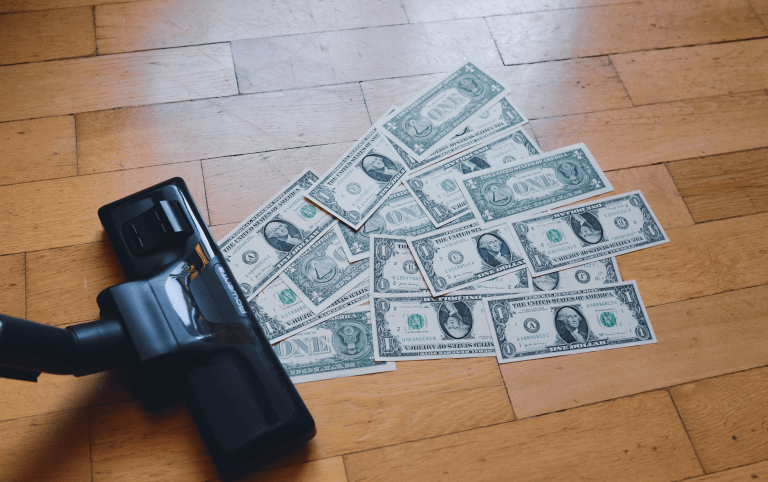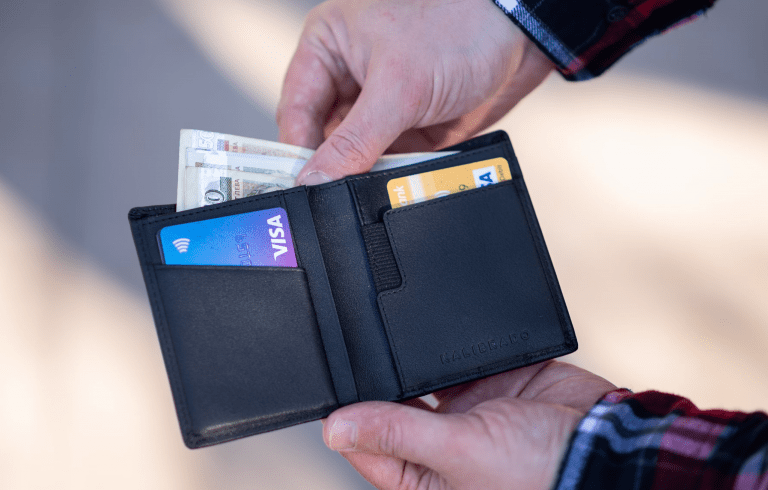Flying often involves that familiar scene at the baggage claim area where you wait eagerly, watching bags roll in, only to realize yours is nowhere in sight. A few straggling bags make endless rounds on the conveyor belt, but yours is conspicuously absent. Disheartened, you make your way to the baggage service area, where an indifferent airline staff member inquires about your luggage’s size and shape, making you question the purpose of those fancy barcoded tags. With luck, your baggage might reach your home or hotel in a few days, but sometimes, it’s lost forever.
Before such a situation arises, it’s essential to understand the baggage protections offered by your credit card and other options, and what coverage they provide.
What Protection Do Airlines Offer?
For domestic flights, federal regulations mandate airlines to be responsible for each checked bag, with a maximum compensation of $3,500. However, the actual reimbursement might be lower, and certain items like jewelry, electronics, antiques, cash, and other monetary instruments are often excluded.
On international travels, the airline’s liability limits are governed by international conventions. If both countries are signatories to the Montreal Convention (including over 100 countries, including the United States), the liability limit is approximately $1,131, denominated in Special Drawing Rights, a vague international monetary concept, equivalent to around $1,600.

Credit Card Checked Baggage Insurance
Credit cards may provide two types of baggage insurance: lost baggage insurance and delayed baggage insurance. Lost baggage insurance applies when your luggage is genuinely lost, not merely delayed. To use this insurance and file a claim with the airline, you must report the loss immediately and retain written proof of your claim.
Some credit cards offer lost baggage compensation, secondary to any compensation provided by the airline. It activates when you use the card to pay for your ticket or even use card rewards points in certain cases. For instance, a popular card may provide $3,000 per person for lost baggage, with specific amounts for items like jewelry, watches, cameras, and other electronic devices.
It’s crucial to note that credit card insurance is typically secondary, meaning it comes into play after any compensation from the airline or other primary insurance. Additionally, it might be secondary to any standalone baggage insurance you might purchase.
Delayed Baggage Insurance
If your baggage is clearly labeled with your name and contact information, the likelihood of permanent loss is minimal. More often, it might fail to arrive on your flight or get mistakenly sent elsewhere, taking several days or even weeks to return.
Certain premium travel reward cards offer delayed baggage insurance, contingent on the duration of the delay. For example, if you pay for your flight with the card or use its rewards program points, coverage may kick in if your luggage isn’t delivered within six hours of your arrival.
Similar to lost baggage insurance, credit card delayed baggage insurance is secondary and covers expenses not compensated by the airline or other primary insurance. The coverage amount varies from card to card, ranging from $50 to $1,000 per person.
Baggage Insurance Through Travel Insurance Policies
While standalone baggage insurance isn’t commonly offered, you can purchase comprehensive travel insurance policies that include coverage for lost or delayed baggage. These policies encompass a broader range of protections, including trip cancellation, interruption, and medical coverage.
For instance, many travel insurance policies provide baggage loss compensation ranging from $250 to $2,500. They also include delayed baggage coverage, often ranging from $50 to $1,000. However, the purchase of these policies must be based on factors such as your travel expenses, destination, and specific coverage needs.

Airline’s Additional Valuation Fees
Lastly, many airlines (though they don’t term it “insurance” since they aren’t insurance companies) offer additional valuation options. For instance, United Airlines sells an extra $100 of valuation for $10, allowing you to increase the liability limit for a trip between the U.S., Guam, Puerto Rico, and the U.S. Virgin Islands from $3,500 to $4,000.
Recommendations
Given the possibility of leveraging both airline-provided coverage and your credit card’s benefits simultaneously, you can potentially receive compensation for most checked items. However, if you rely on credit card insurance, scrutinizing its checked baggage insurance policy is essential. If the value of items you’re packing exceeds the coverage limits, consider purchasing additional valuation from the airline.













+ There are no comments
Add yours